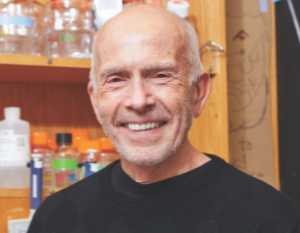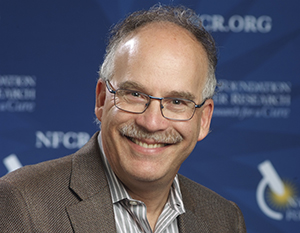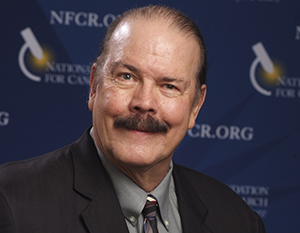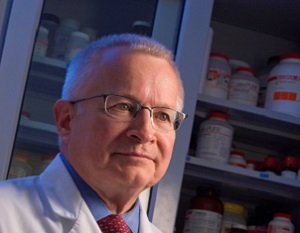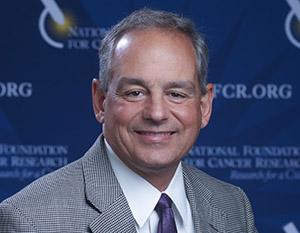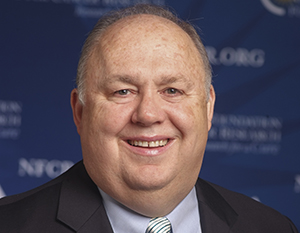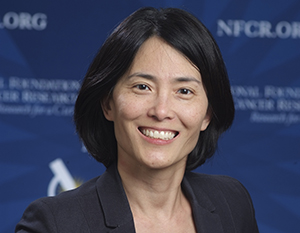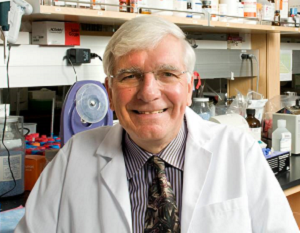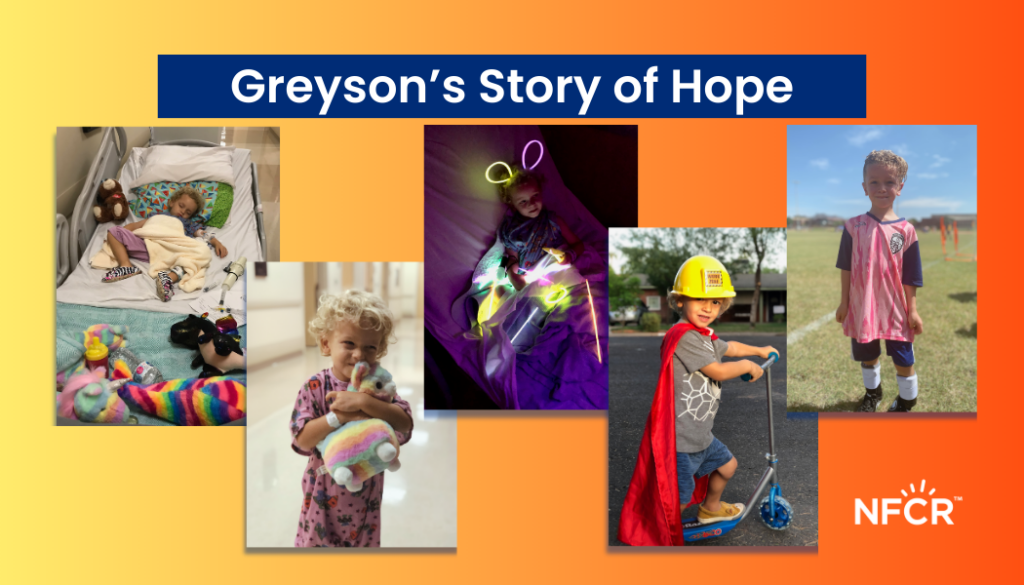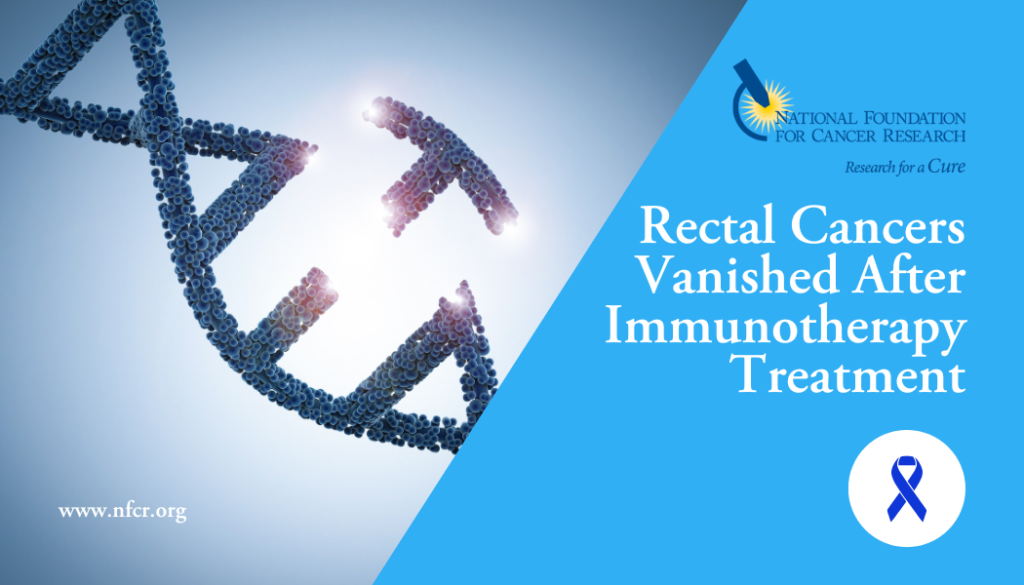There's a paradigm shift taking place in the world of cancer treatment. Experts are moving away from an organ-focused approach to treatment, like using radiation to treat the specific area affected by cancer. Instead, they're looking at genomic sequencing. Genomics is the branch of molecular biology concerned with the structure, function, evolution, and mapping of an individual's genes. Regarding cancer, genomics allows experts to examine DNA to determine an individual's risk of cancer through genomic sequencing. This means that oncologists can provide more individualized treatment options for patients using precision medicine. How can cancer risk be determined through genomic sequencing? Parents pass along many traits to their children, such as hair and eye color. Unfortunately, the risk of developing certain types of cancer can also pass along. By examining DNA, experts can identify certain changes in a person's DNA known for increasing their risk of developing various types of cancer. However, not all cancers pass genetically. In fact, only five to ten percent of all cancers are believed to have an inherited gene mutation. It is important to note that no test can provide exact answers about a person's inherited cancer risk. Genetic testing can tell whether a specific genetic mutation exists in the DNA. However, it cannot tell whether an individual will develop the disease associated with that mutation later in life or not. What is the benefit of genomic sequencing? Genomic sequencing cannot prevent a cancer diagnosis but can help identify cancer-related DNA mutations. This means an individual can implement precautionary measures. These measures could include making healthy lifestyle changes, such as exercising regularly, ceasing smoking, or reducing alcohol consumption. Depending on the type of mutation, medications may be available to reduce one's risk of developing cancer. Similarly, genomic sequencing may highlight the option of surgery to remove an organ or gland to prevent cancer from forming or promote undergoing more health screenings regularly. At three years old, Greyson started to experience severe pain in his lower back. Doctors found that Greyson had a large tumor on his spine called ganglioneuroblastoma. See how genomic sequencing played a role in his treatment plan. Greyson is alive today thanks to the hard work of researchers, doctors, and the donors who support their work. Who should utilize genomic sequencing? Experts typically only recommend genetic sequencing for patients whose families have a history of certain cancers or patterns of cancer. Doctors may order genetic testing for people that have: Multiple first-degree relatives with cancer diagnoses; Numerous relatives who have been diagnosed with the same cancer on one side of the family; A family history of cancers linked to a single gene mutation, such as breast cancer, ovarian cancer, or pancreatic cancer; Family member(s) who has been diagnosed with more than one type of cancer; Family member(s) who has been diagnosed with cancer at a younger age than typically seen for that cancer, such as colon cancer; Close relatives who have been diagnosed with cancers linked to rare hereditary cancer syndromes, such as Hereditary Breast & Ovarian Cancer Syndrome (HBOC), Cowden Syndrome, or Lynch Syndrome; or Family member(s) who has been diagnosed with [...]



